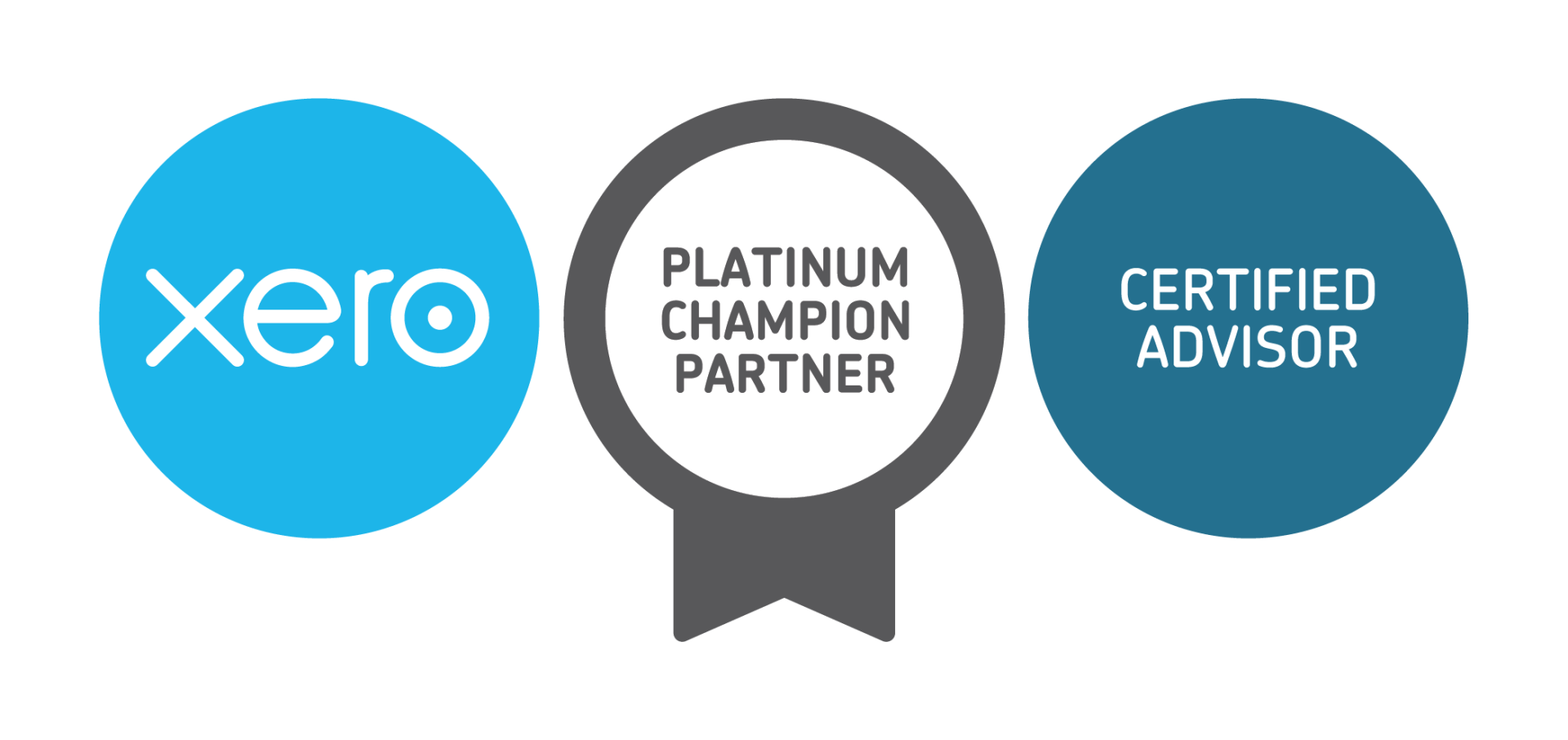We commonly see situations with delayed payments or disputes over quality, occasionally money is lost through the buyer going into liquidation.
Often in delayed payments, the buyer has the ability to pay, they just do not want to incur extra cost (bank fees, interest, overdraft extensions etc.) to make it happen, and instead they use you as their overdraft.
HERE ARE SOME TIPS TO MINIMISE THE RISK:
1. Payment on/before delivery
- Funds transferred in and cleared in your bank account before delivery.
- Alternatively paid into a lawyer trust account to release on delivery, this ensures you do not keep the money and not deliver.
2. Clear payment terms (if not paid on delivery)
- Clear understanding on price negotiated, per T or per bale?, GST inclusive or exclusive?
- Documented on invoice, via email or written contract.
- Deposit paid before delivery.
- When balance or instalments are due Interest rate on late payment – this must be agreed at time of sale and documented not put on a late payment statement.
- Debt collection costs incurred by you will be on-charged to the buyer.
- Grain stored for them (sold but stored on your property) – how long will you store it for and what will you charge?
- Quantity – delivery document signed off by buyer validating they have received the agree quantity.
- Quality – agreed grading before delivery – signed off by buyer on delivery validating the quality received is what they agreed to – this could even involve a moisture or feed test done on delivery.
3. Bank guarantee
- Document able to be produced by the buyer's bank (for a fee to them) guaranteeing the payment by the bank, i.e. if the buyer does not pay then the bank will cover it.
4. Personal or director guarantee
- The individual signs this on behalf of their trading entity (which may be a company or a trust with a limited liability company trustee).
- Enables you to sue the individual for their assets if their Company goes into liquidation.
- This is not fool proof as the director may place all their personal assets in spouse names or the bank may take all personal assets leaving nothing for creditors.
5. PPSR (personal property securities register)
Can register your interest on the load delivered.
- Difficult for once off transactions as hay/ grain is normally consumed quickly making it hard to go and reclaim your delivery.
- If a re-occuring transaction you can register the company for an ongoing relationship basis and do not need to register each load.
6. Engage debt collection processes early, don't delay
- Avoid being strung out with the stories of why it can't be paid; Regular bad payers are very good at these stories. If you genuinely know a major issue happened outside their control (i.e. fire, death etc.) then you can provide leeway.
- Remember the buyer entered into the purchase telling you they are able to pay as per payment terms, they have damaged the relationship by not paying (not you for engaging debt collection processes).
- Engage lawyer or debt collection agency, often the first and 2nd letters will get immediate action. Very rarely do you need to take the bad payer to court.
7. Hay & Grain Brokers
- Be very clear (and document) your payment terms and expectations with the broker.
- If you are paid when the broker receives the funds this can delay payment as brokers have large numbers of clients meaning they may not have the same urgency as you to collect the payment from the buyer.
- Obtain a copy of the broker's payment terms with the buyer so you can stay on top of this.

LEGAL
Liability limited by a scheme approved under Professional Standards Legislation.
Investngro Pty Ltd ABN 53 113 102 695 trading as Murray Nankivell Financial Planning, is an authorised representative of Count Financial Limited ABN 19 001 974 625 holder of Australian financial services licence number 227232 (“Count”). Count is owned by Count Limited ABN 111 26 990 832 of GPO Box 1453, Sydney NSW 2001. Count Limited is listed on the Australian Stock Exchange. Any taxation and accounting services are provided by Murray Nankivell and are not within the authority Count. The information on this web site is not financial product advice and is provided for information only.






